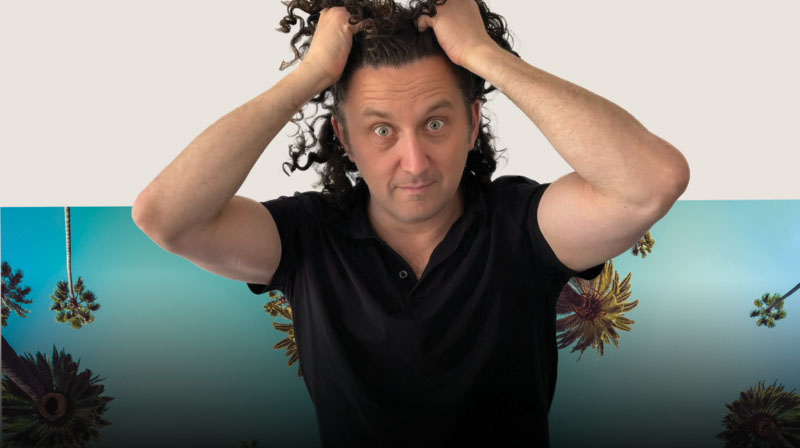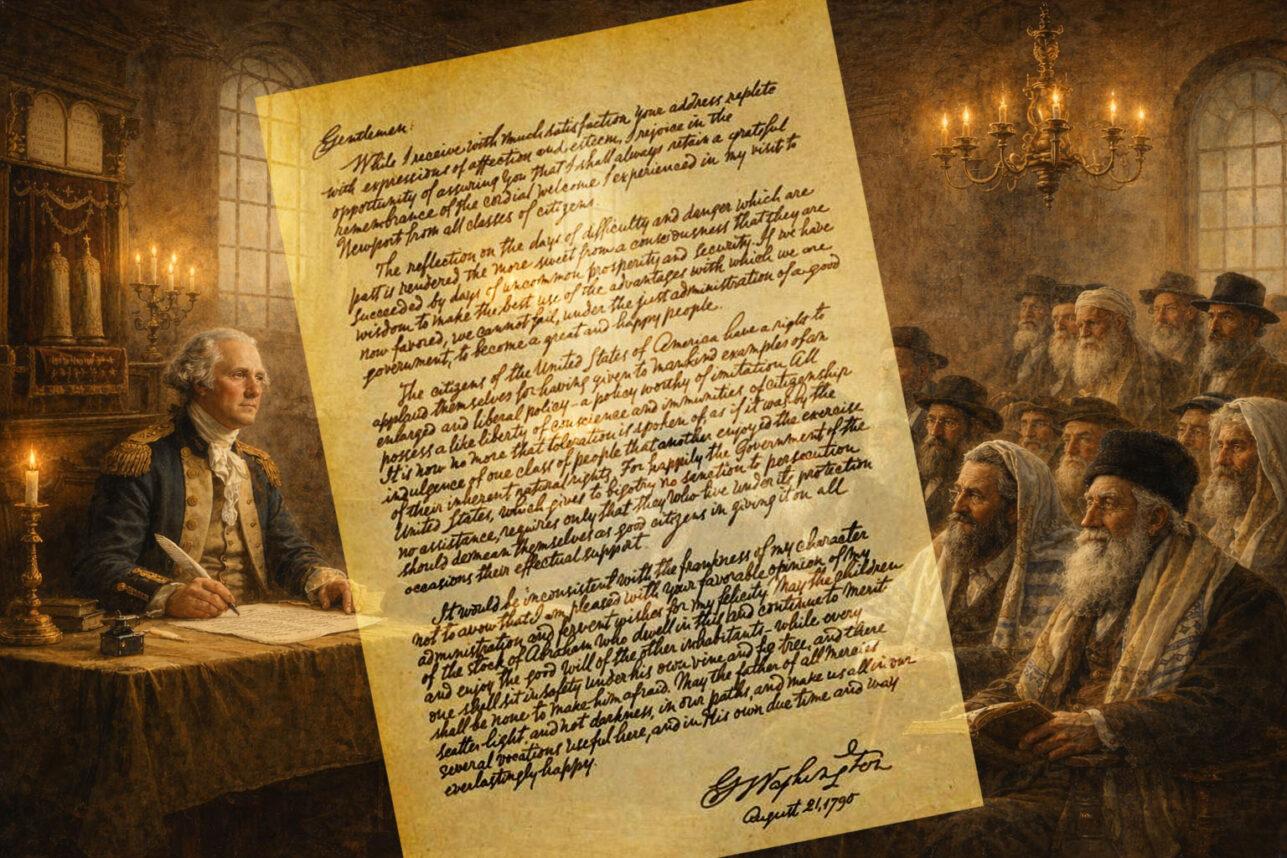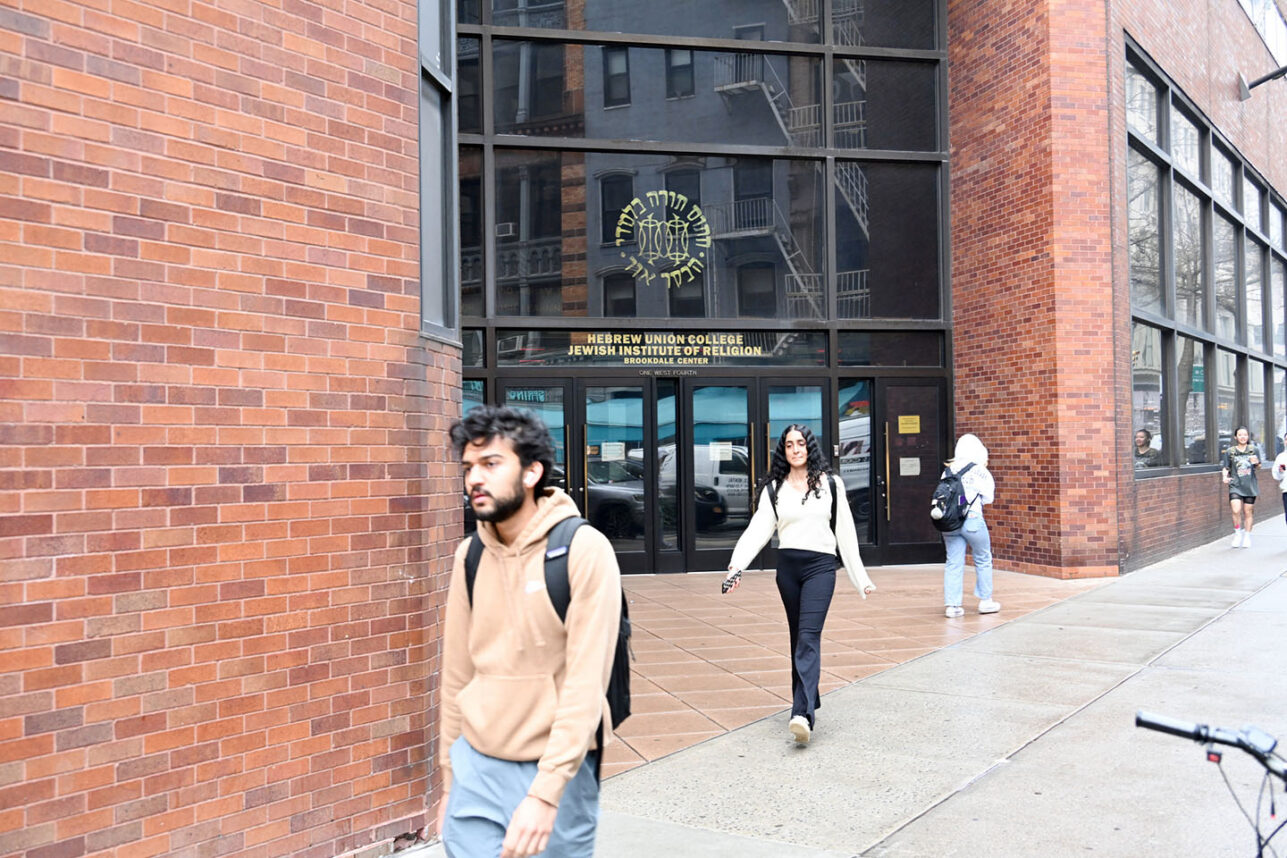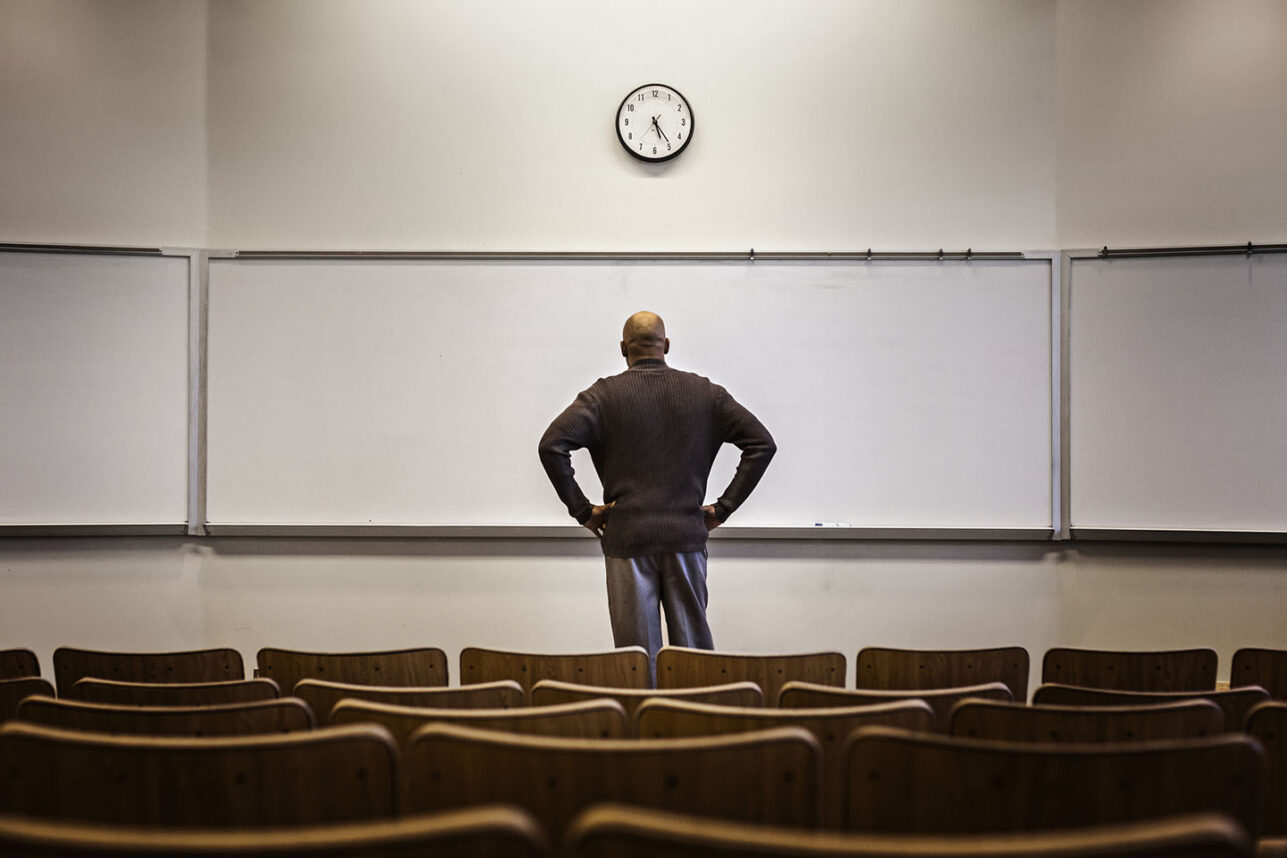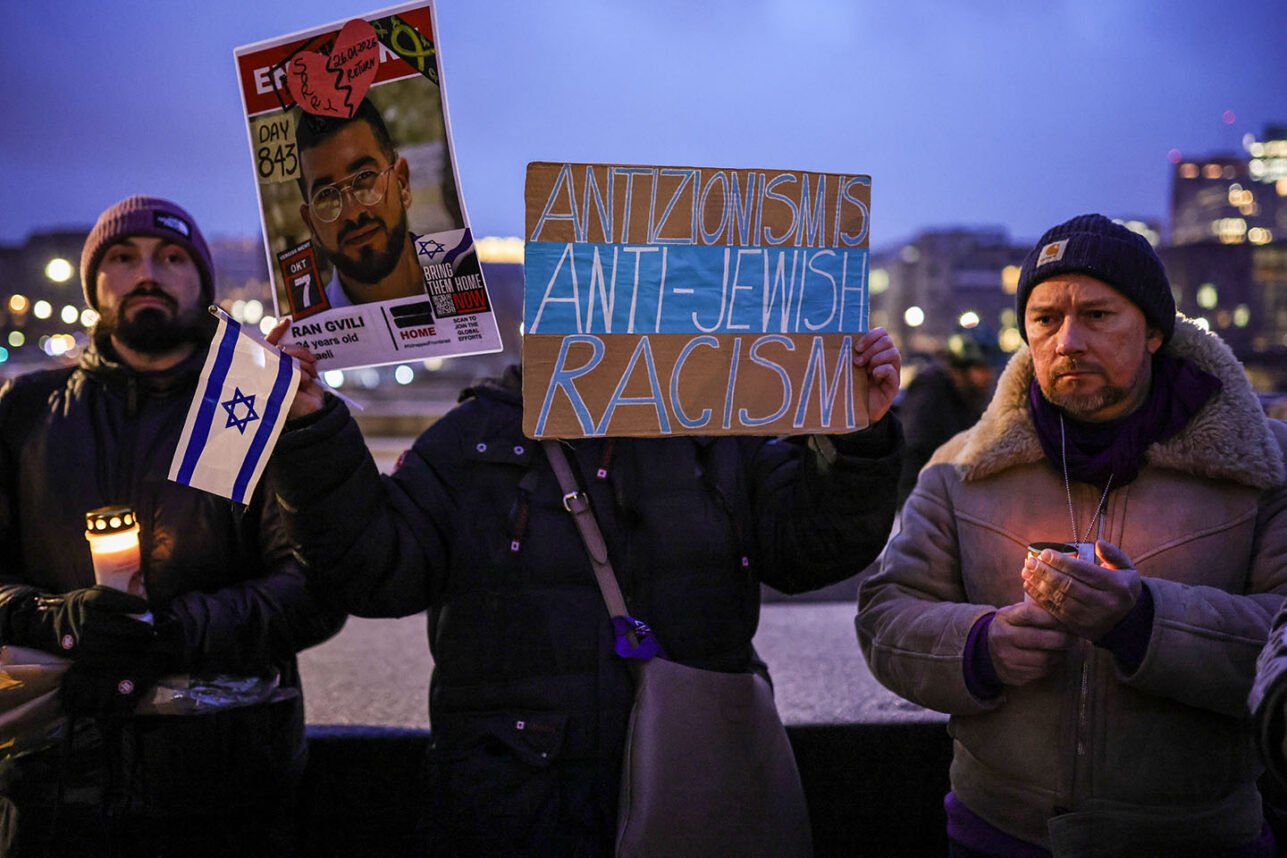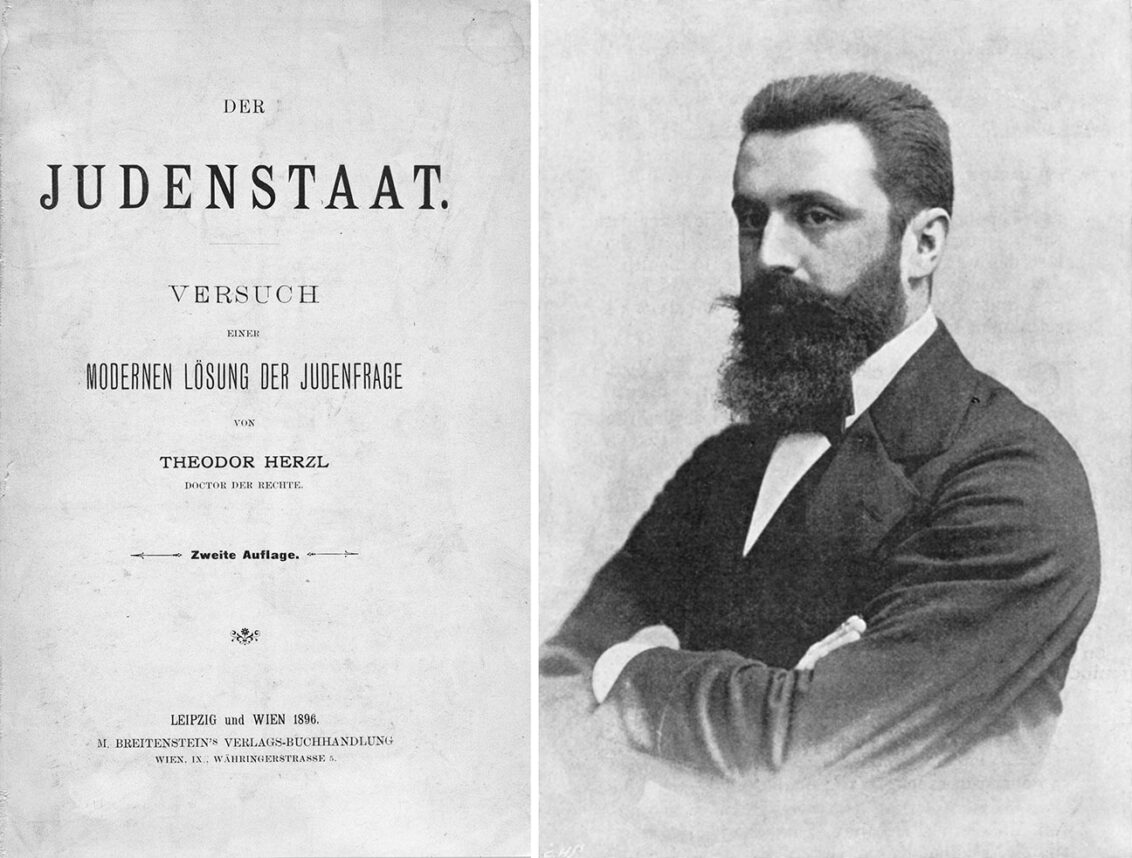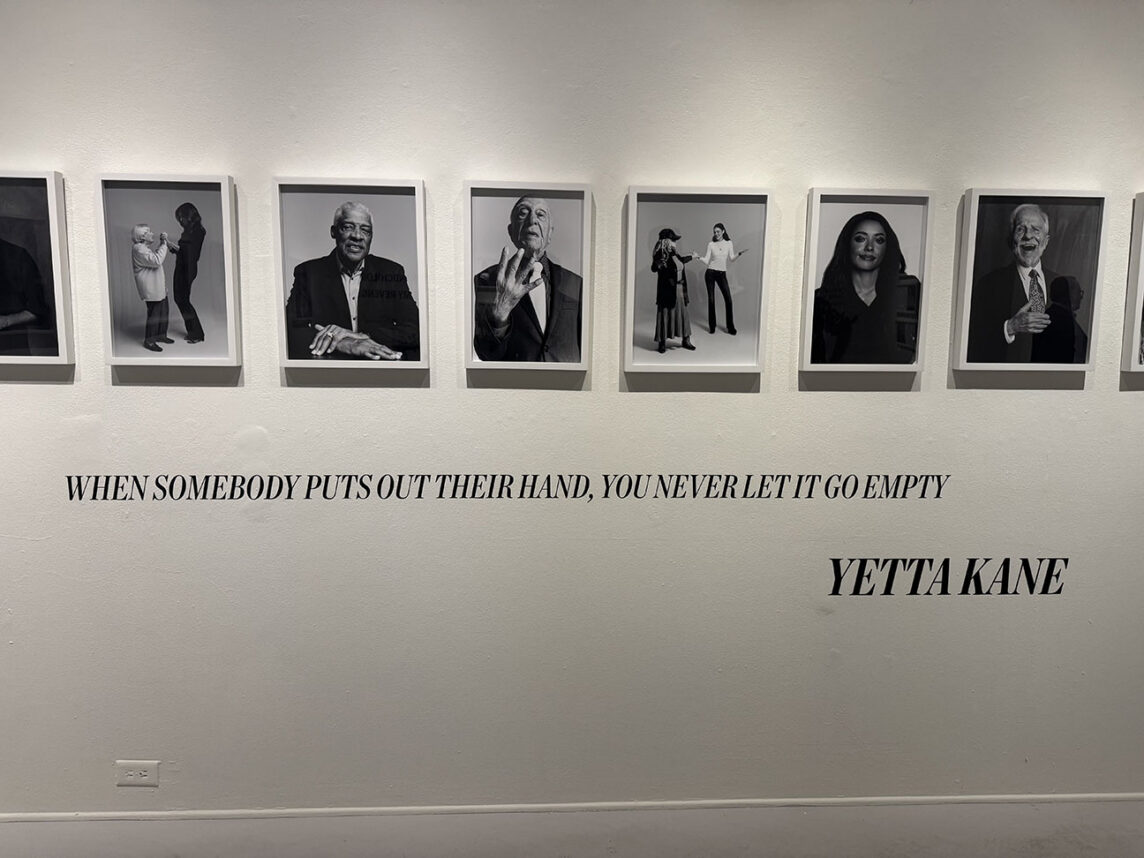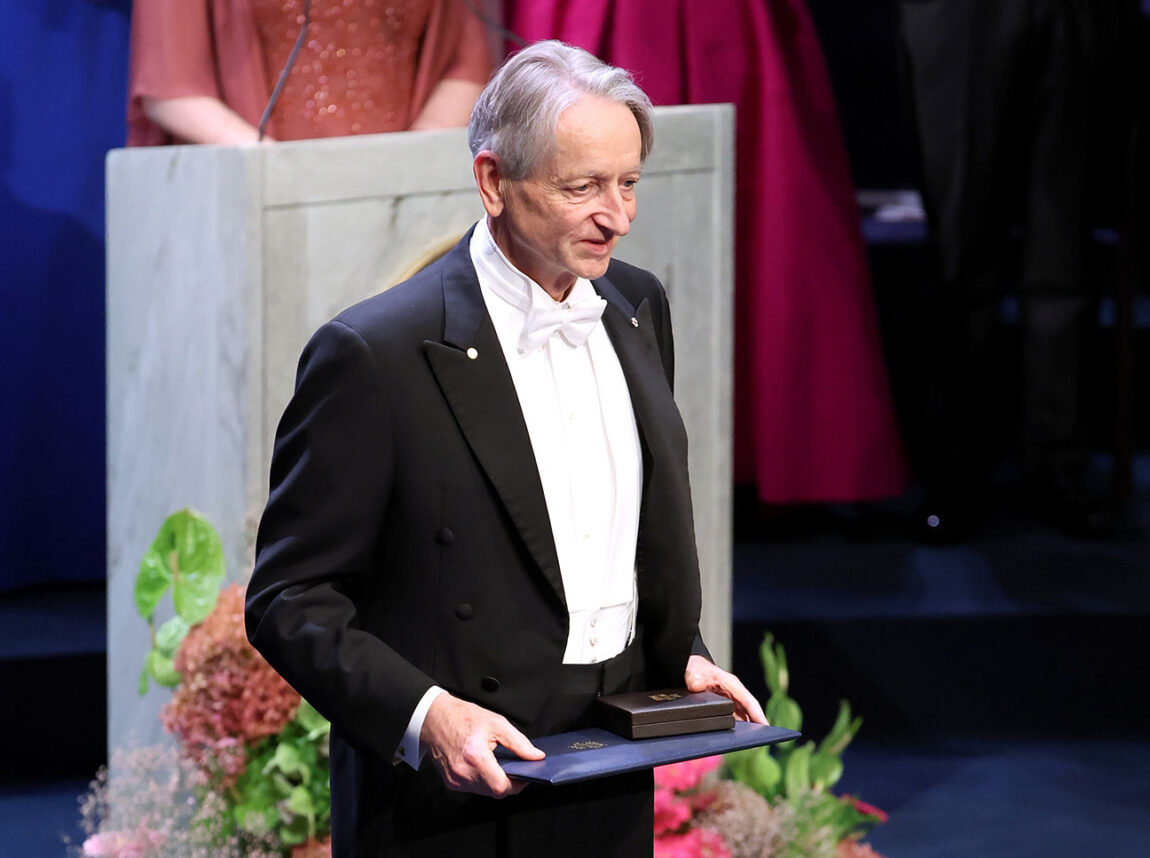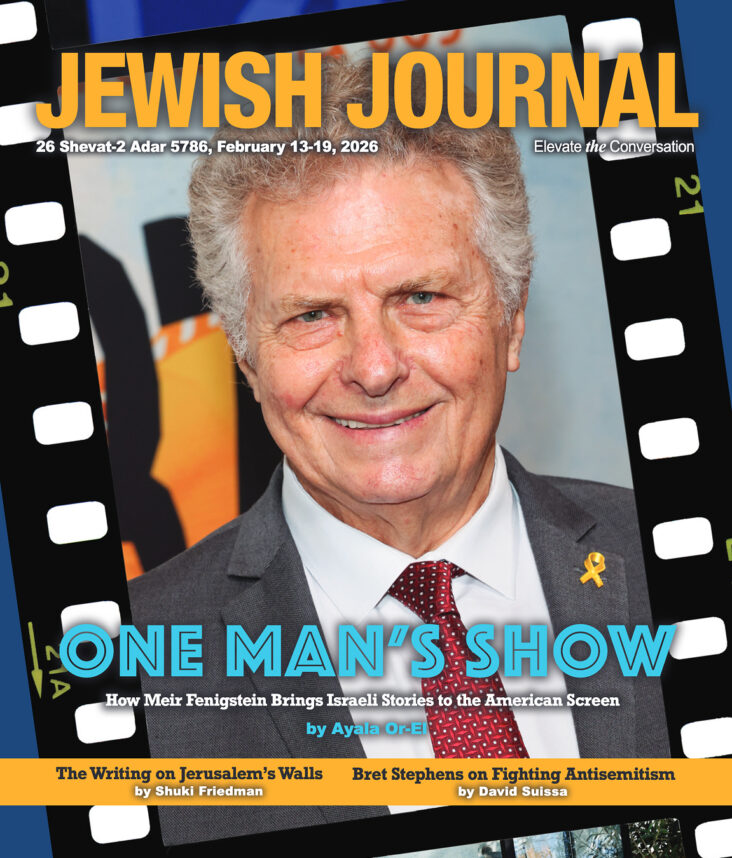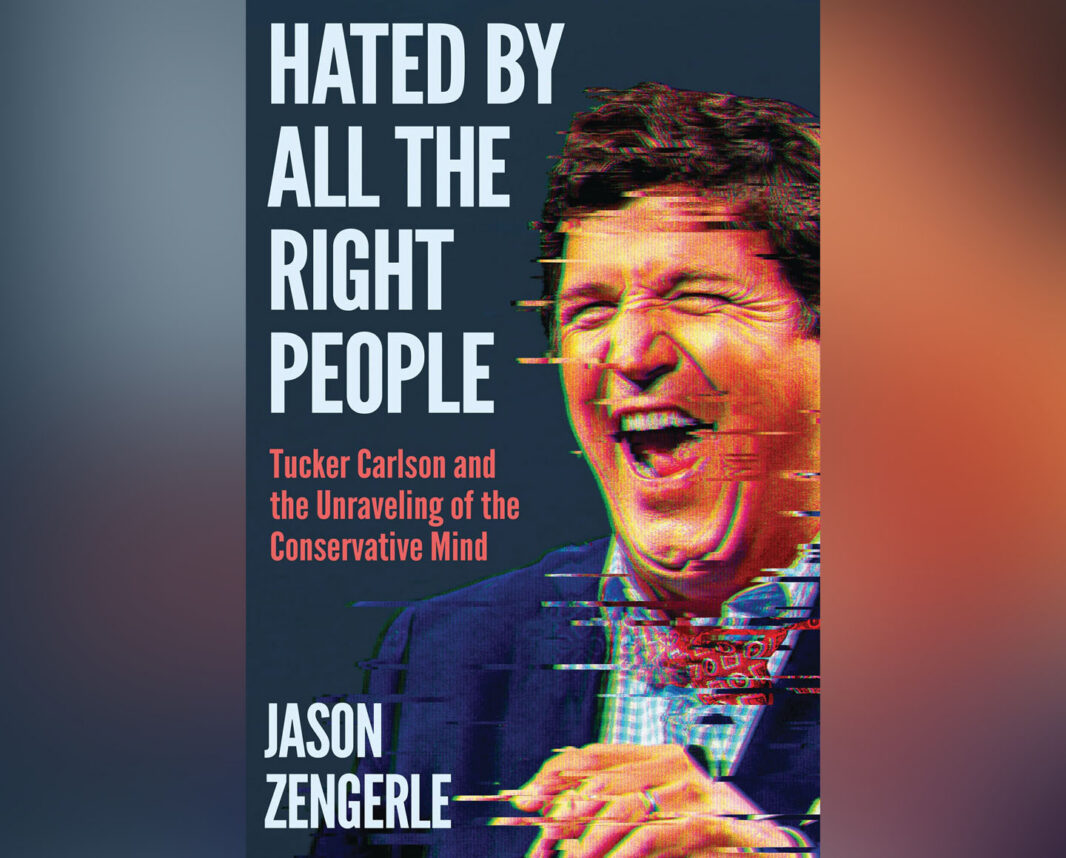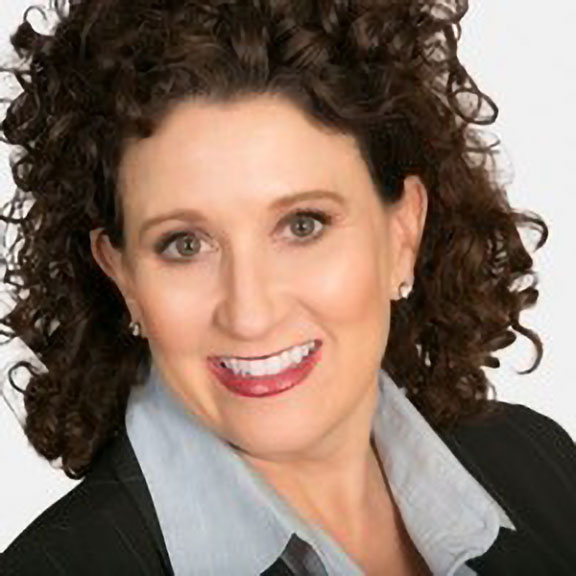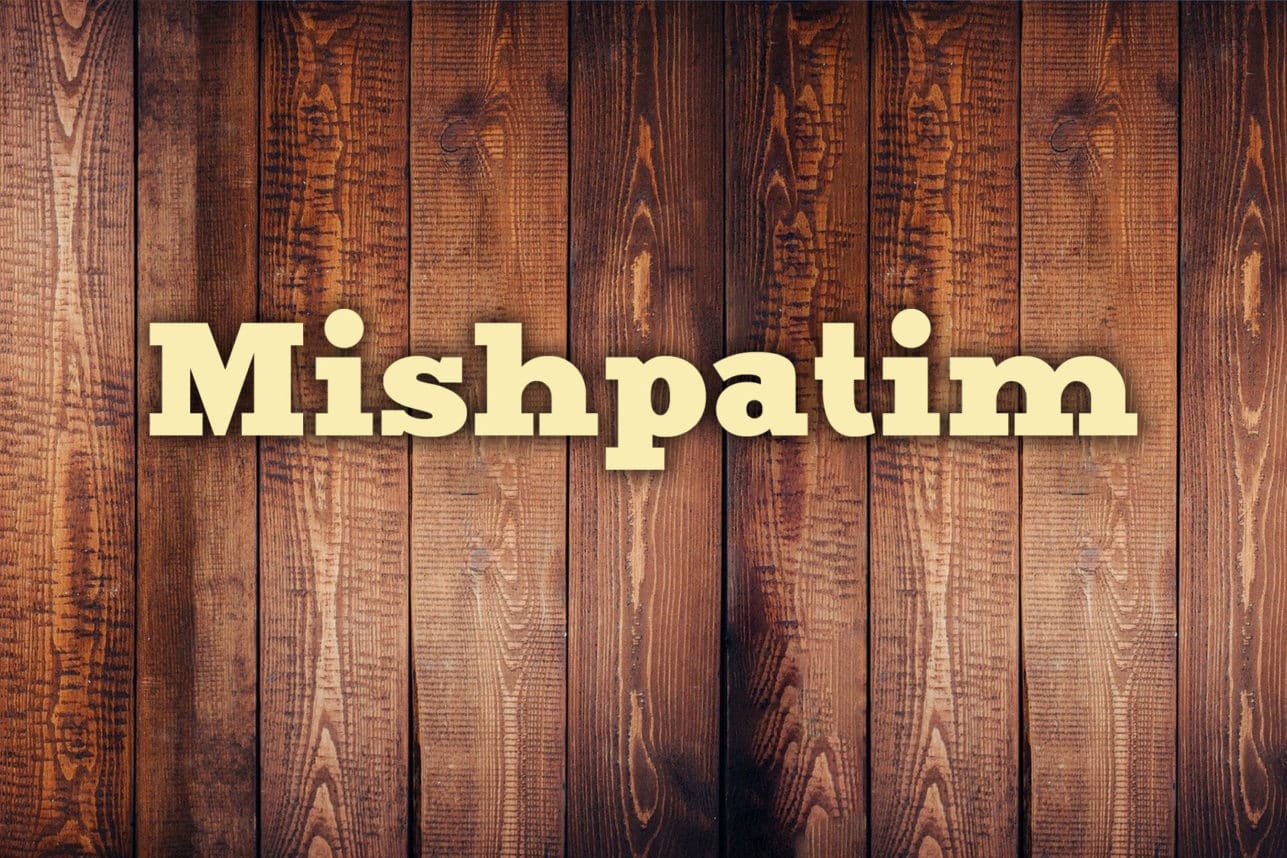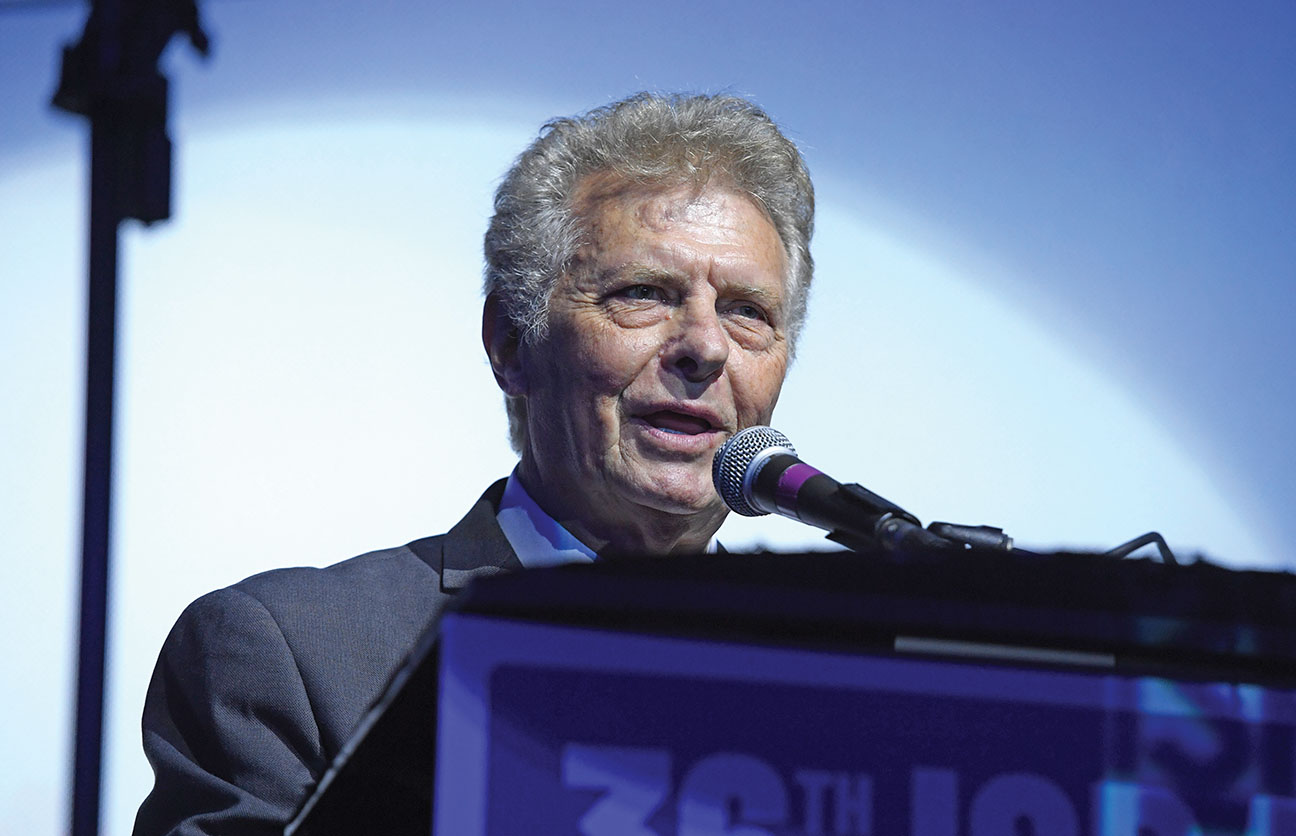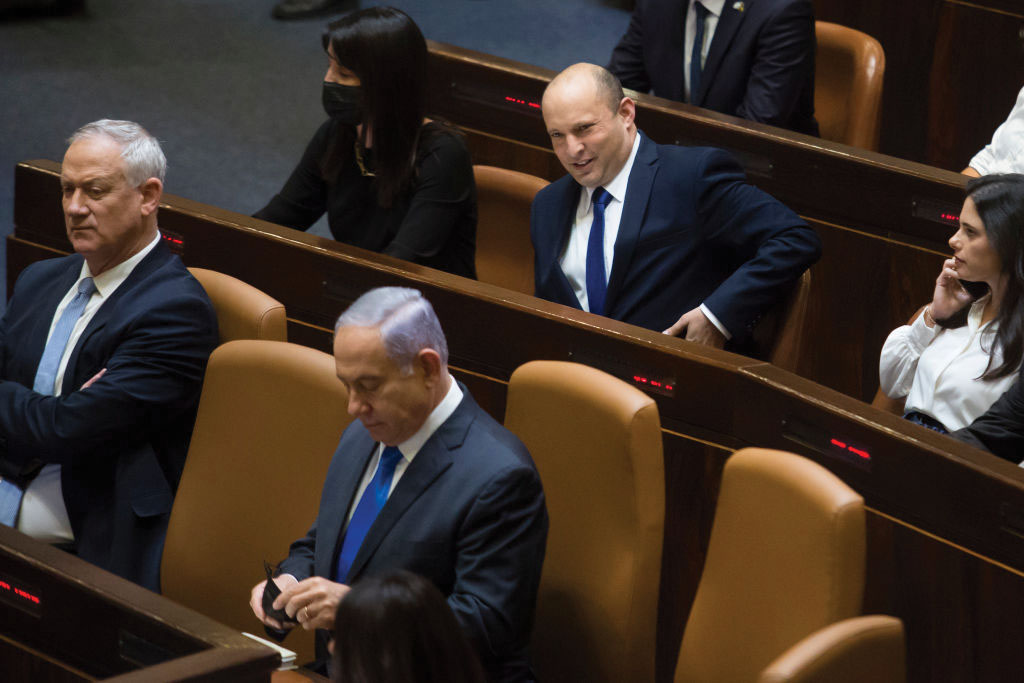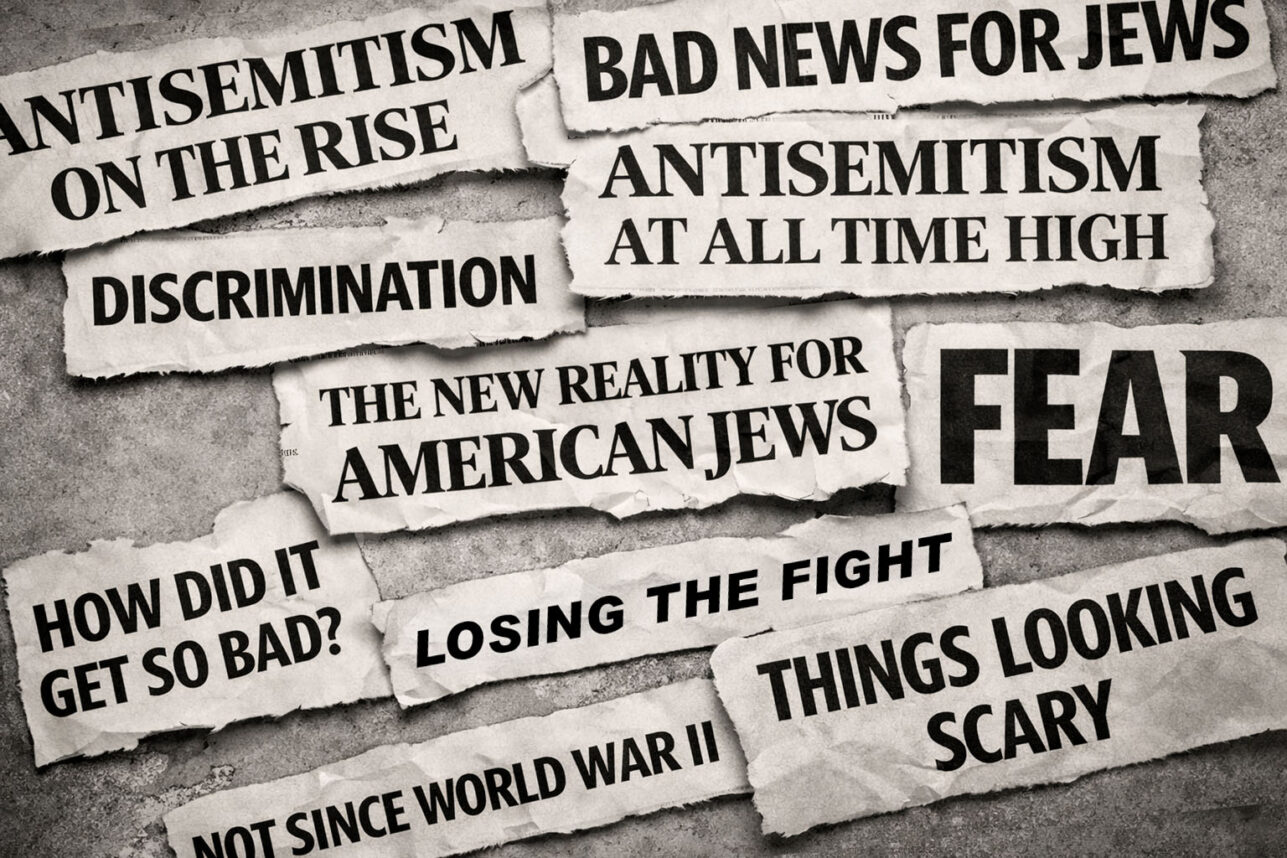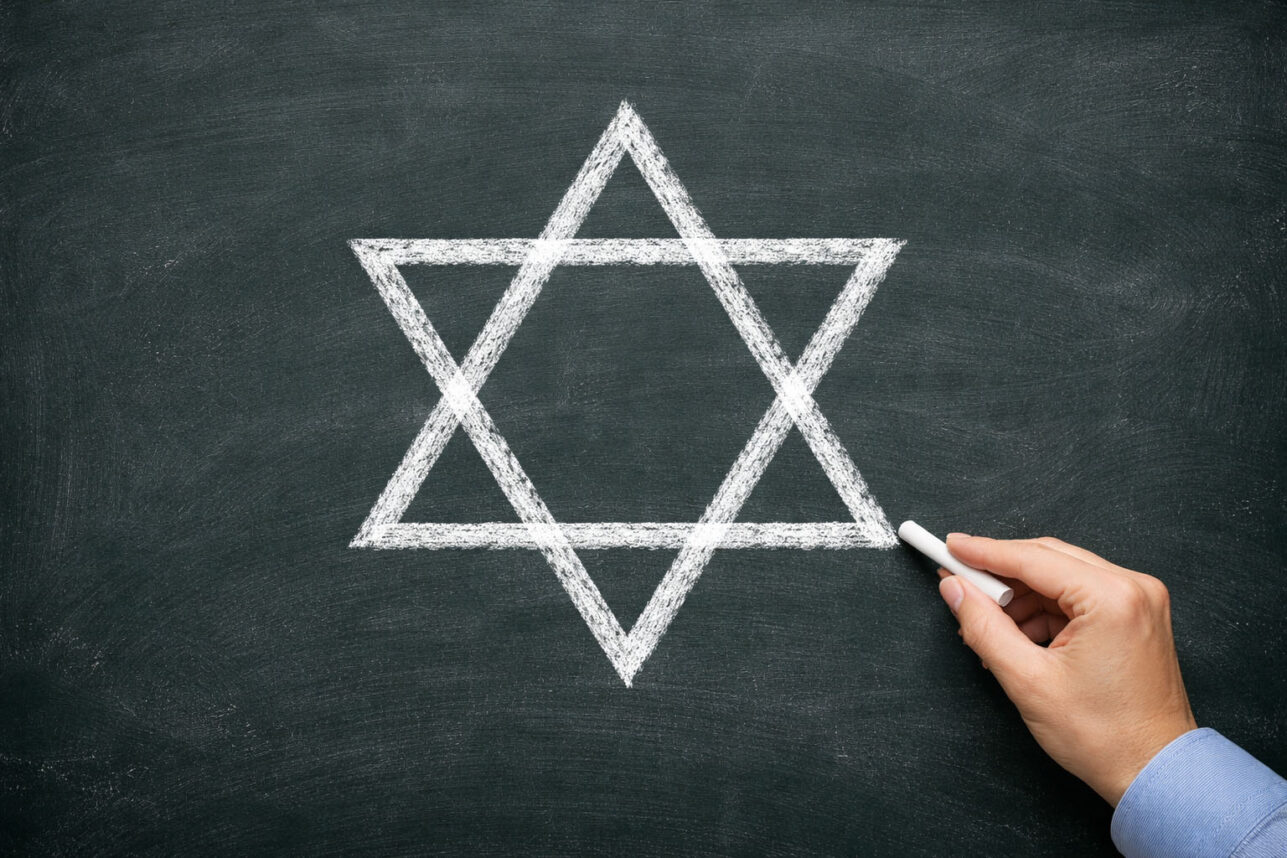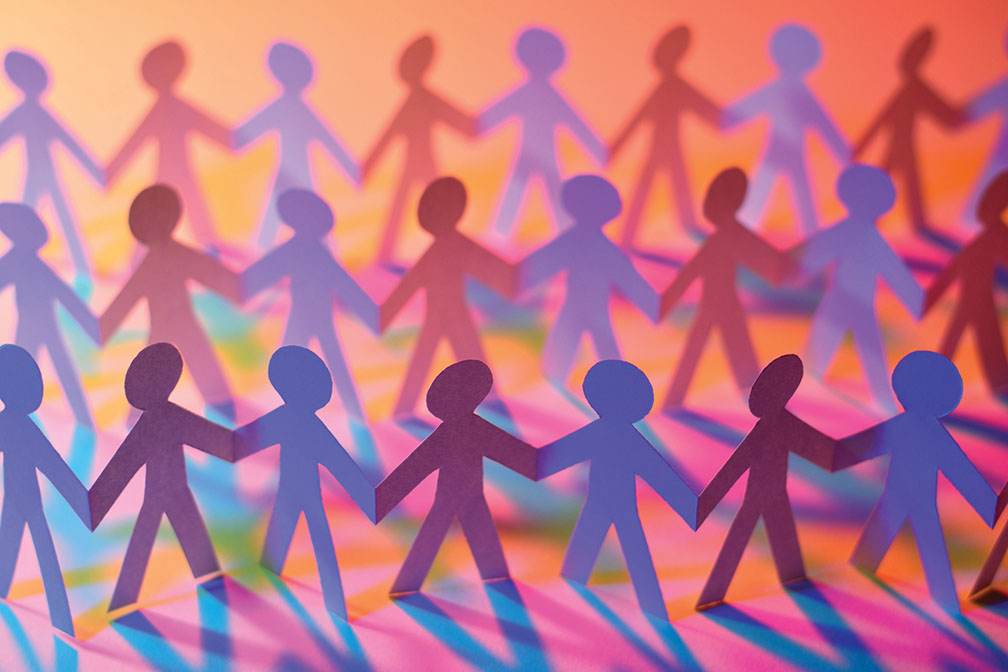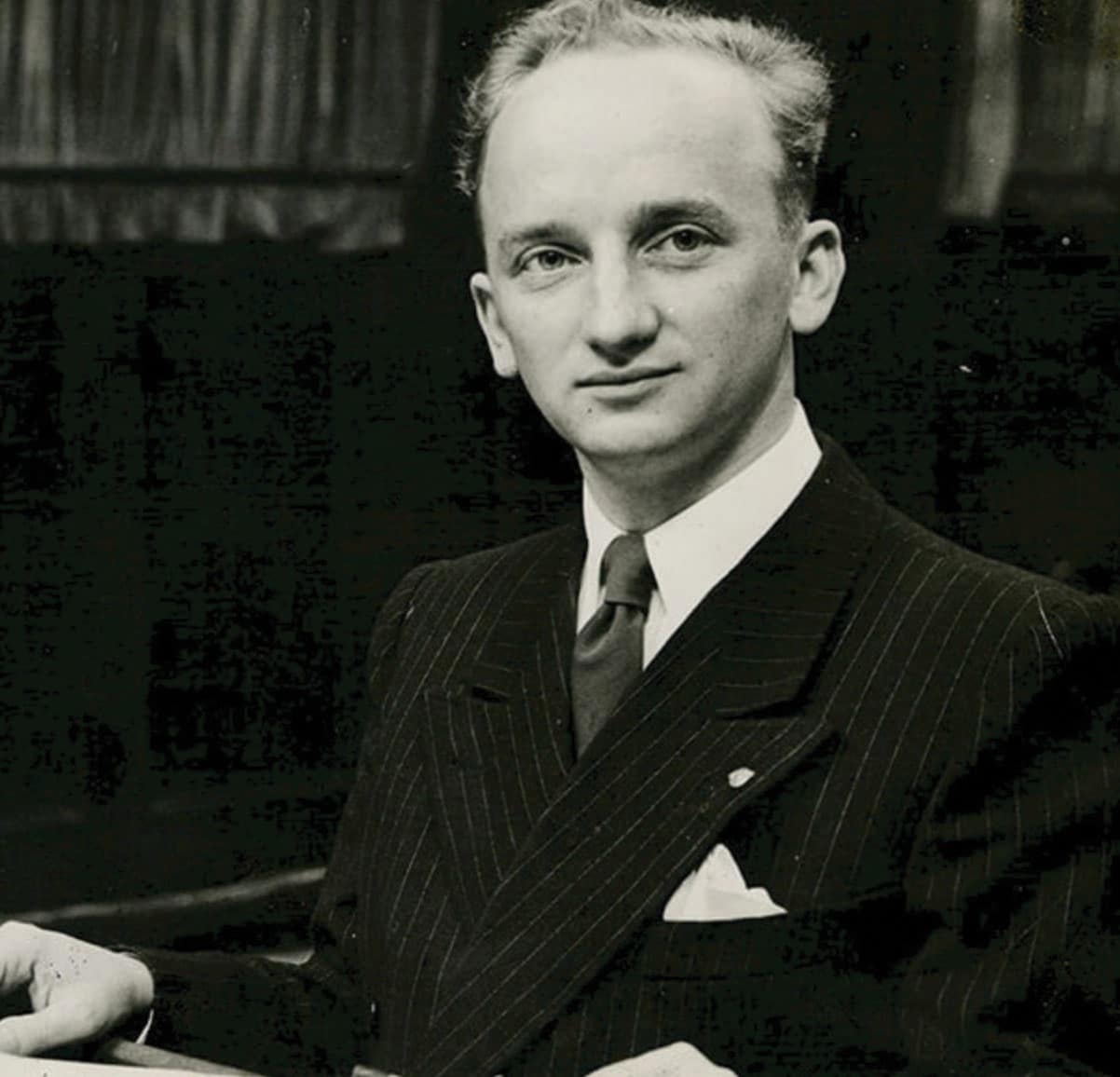
Together we offer this loving tribute in memory of Benjamin Berrel Ferencz, the last surviving prosecutor from the post-World War Two Nuremberg trials, who passed away this week at the age of 103 years old. We do so as mutual admirers of Ben Ferencz, whose pursuit of justice for victims of the Holocaust as a young prosecutor at Nuremberg in 1947, and whose lifelong pursuit of global human rights through the rule of law, make him an exemplary role model for the Jewish people, and for all of humanity.
Born in Transylvania in 1920, Berrel came to the United States with his family as a baby. Here in the U.S., Berrel became Benjamin. He grew up in poverty in New York City, and from a young age he knew he wanted to be a lawyer and devote his life to the pursuit of justice.
In 1940, at the young age of 20, he graduated City College of New York with a BA in Social Sciences. He was accepted to Harvard Law School, where he studied from 1940-1943.
During his studies at Harvard, he was a research assistant to Professor Sheldon Glueck, who was publishing articles and writing a book calling for the prosecution of Nazis as war criminals. So it was, that two Jewish legal minds at Harvard—a teacher and a student—started to speak about bringing Nazis to justice for the crimes they were committing. It was a mere four years later, in 1947, when the young student, Ben Ferencz, pursued that noble path at Nuremberg.
Ferencz reached Europe as a United States artillery soldier, but the young legal scholar soon realized that he was not cut out for combat. There was a greater task for him in store, one that would put his brilliant legal skills to work in the name of justice. He was transferred to the Judge Advocate’s Section of General Patton’s Third Army, and was assigned to the newest branch: investigating German war crimes.
During the last stage of the war, Ferencz busied himself collecting evidence of crimes committed in German concentration camps. On a map, he kept track of the locations where the Americans had discovered such camps. He visited the camps himself, and was witness to the stacks of emaciated corpses and other evidence of atrocities. He was shocked at what he saw, and throughout his life, whenever he spoke about this traumatic experience, he broke down into tears. “My mind would not accept what my eyes saw.” he said. “I had peered into Hell.”
After the war, Ferencz returned to the United States. By recommendation from his former mentor at Harvard, Professor Sheldon Glueck, Ben was invited to the Pentagon. There he learned that the army was urgently looking for lawyers experienced in trying war criminals. Ferencz, who had never risen beyond sergeant, was asked to return to Germany in the rank of colonel, to assist in persecuting war criminals.
On September 29, 1947, 24 high ranking officers of the Einsatzgruppen, responsible for the murder of over one million Jews, stood trial in the court room in Nuremberg, in what the press called “the biggest murder trial in history.” All eyes were focused on a young, short but very confident and determined 27-year-old prosecutor, who delivered his now famous opening remarks before the judge. Here is an excerpt of those monumental words:
“May it please your Honors: It is with sorrow and with hope that we here disclose the deliberate slaughter of more than a million innocent and defenseless men, women, and children. This was the tragic fulfillment of a program of intolerance and arrogance. Vengeance is not our goal, nor do we seek merely a just retribution. We ask this Court to affirm by international penal action man’s right to live in peace and dignity regardless of his race or creed. The case we present is a plea of humanity to law. Genocide, the extermination of whole categories of human beings, was a foremost instrument of the Nazi doctrine. We charge more than murder, for we cannot shut our eyes to a fact ominous and full of foreboding for all of mankind. Not since men abandoned tribal loyalties has any state challenged the right of whole peoples to exist. And not since medieval times have governments marked men for death because of race or faith. Now comes this Nazi doctrine of a master race, an arrogance blended from tribal conceit and a boundless contempt for man himself. It is an idea whose toleration endangers all men. It is, as we have charged, a crime against humanity. The conscience of humanity is the foundation of all law. We seek here a judgment expressing that conscience and reaffirming under law the basic rights of man.”
The bold young prosecutor stared evil straight into the eye, and through the law, Ferencz succeeded in bringing these murderers to justice. He was, in the end, a combat soldier, except his battlefield was the courtroom, and his only weapon was the law.
The bold young prosecutor stared evil straight into the eye, and through the law, Ferencz succeeded in bringing these murderers to justice.
In his memoirs, Ferencz wrote that he hoped the trial “might somehow help to deter the repetition of such horrors in the future. I was determined to do whatever I could to help lay a foundation for a more humane world.”
In the final sentence of his opening speech in Nuremberg, he called the defendants “the cruel executioners whose terror wrote the blackest page in human history. If these men be immune, then law has lost its meaning and man must live in fear.”
Indeed, he would go on to devote his life to making sure that law would never lose its meaning. He taught and practiced international and human rights law, lectured passionately all over the world, fought legal battles for Holocaust restitution and reparations, was ultimately responsible for the establishment of the International Criminal Court where war criminals could be tried for their crimes, and donated millions of dollars from his personal investments to institutions and law schools to promote, uphold and practice human rights law. He always remained positive, upbeat and humble, and his famous “three most important things in life were: never give up, never give up, and never give up.”
One of us—Michael, the professor of law and scholar in Holocaust studies and International Human Rights law—was privileged to know Ben personally, as a respected mentor and as a dear friend. Ben lectured in my “Holocaust, Genocide and the Law” seminars at Chapman University Law School, was a featured speaker at a conference I chaired on the Nuremberg Trials, and his photo even graced the cover of one of my books, “Forgotten Trials of the Holocaust.” During Covid, we spoke regularly on Zoom, and I was privileged to maintain a close relationship with him and his family.
The rabbi among us, Daniel, wonders why we never hear the name “Ben Ferencz” in Jewish schools, or even at Yom Hashoah ceremonies.
The rabbi among us, Daniel, wonders why we never hear the name “Ben Ferencz” in Jewish schools, or even at Yom Hashoah ceremonies. With Ferencz’s passing, I believe it is time for his name to become part of our Jewish world, as his life embodied the highest Jewish values of “Tzedek and Mishpat” (“Justice and Law”). This coming Yom Hashoah should be dedicated to him.
Ben Ferencz passed away on Passover of this year, and the comparison with another “lawgiver,” Moses, is not far-fetched. In the Book of Deuteronomy, Moses articulates his immortal words calling for our lifelong pursuit of justice: “Tzedek, tzedek tirdof … justice, justice, you shall pursue.”
From the courtroom in Nuremberg and throughout his long life, justice, justice, Ben pursued.
His legacy is now ours to carry forward.
Rest in peace, Ben Ferencz, and thank you for all that you have done to make our world a better place.
Michael Bayzler is Professor of Law and the 1939 Society Scholar in Holocaust and Human Rights Studies at Chapman University’s Fowler School of Law.
Daniel Bouskila is the Director of the Sephardic Educational Center and the rabbi of Westwood Village Synagogue








